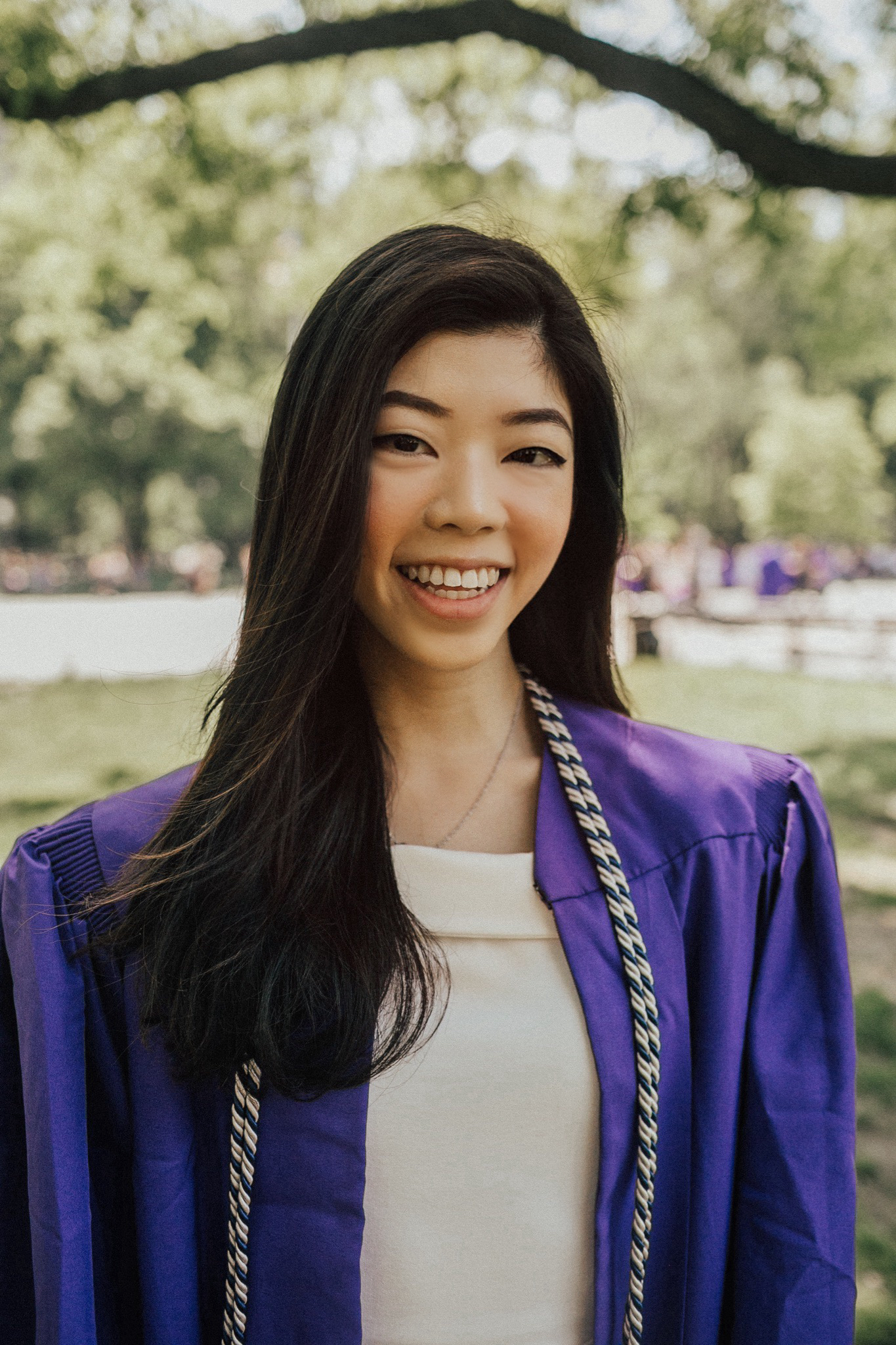Child / Adolescent - Trauma / Maltreatment
Improving trauma-focused care for Asian American youth: A qualitative investigation of barriers to mental health services and cultural adaptations to TF-CBT
(PS6-46) Improving Trauma-focused Care for Asian American Youth: A Qualitative Investigation of Barriers to Mental Health Services and Cultural Adaptations to TF-CBT
- LG
Laura Godfrey, B.A.
Doctoral Student
Hofstra University
Brooklyn, New York, United States 
Nevita George, B.S.
Doctoral Student
Hofstra University
New York, New York, United States
Nicole Lui, M.A.
Student
Hofstra University
Queens, New York, United States- EB
Elissa J. Brown, Ph.D.
Professor and Executive Director
Child HELP Partnership at St. John’s University
Queens, New York, United States 
Amy H. Lee, Ph.D.
Assistant Professor
Hofstra University
Hempstead, New York, United States
Author(s)
Co-Author(s)
Trauma exposure is disproportionately concentrated in U.S. communities of color, including in Asian American communities.1 Asian Americans also demonstrate the lowest rates of mental health service utilization compared to other racially minoritized groups.2,3 Studies have identified barriers to care that span structural (e.g., cost), relational (e.g., lack of trusted support networks), knowledge (e.g., about the mental healthcare system), attitudinal (e.g., stigma), and cultural (e.g., model minority myth) domains.4,5,6 However, literature in this area for Asian American youth is sparse, and no studies have examined trauma-specific barriers. Trauma-Focused Cognitive Behavioral Therapy (TF-CBT)7 is an evidence-based therapy for youth with strong empirical support.8,9 TF-CBT has been culturally adapted for minoritized groups,10 but such work has not yet been extended to Asian American youth. To address these gaps in the literature, the aim of this ongoing qualitative study is to elucidate culturally relevant barriers to trauma-focused care for Asian American youth and begin identifying potential cultural adaptations to TF-CBT.
Participants include licensed mental health clinicians in the U.S. currently serving Asian American youth (N = 15). Participants virtually complete semi-structured, in-depth interviews describing: 1) perceived barriers to trauma-focused mental health services, and 2) potential cultural adaptations to TF-CBT for Asian American youth and families. Data collection is underway (n = 2 completed) and anticipated to be complete by May 2024. We will use a conventional content analysis approach,11 with themes directly derived from interview transcripts to form a codebook. All members of the coding team will independently review the same transcript to identify themes, meet weekly to resolve discrepancies, and repeat this process until saturation is reached (i.e., no new themes emerge). The resulting codebook will be applied to all data, coded by all team members until sufficient inter-rater reliability is obtained (i.e., 80% reliability for 20% of data). The remaining transcripts will then be coded by two members of the coding team.
This community-engaged study is directly relevant to the conference theme and seeks to advance CBT by addressing a longstanding treatment gap for Asian American youth. Application of these findings to future research will have major implications for improving trauma-focused care for this population.

.png)
